The 1st STTM Technology Workshop: Modulating plant microRNAs using Short Tandem Target Mimic (STTM)
Why This Project Is Important
Short Tandem Target Mimic (STTM) has been demonstrated to effectively inactivate microRNAs in plants (1-13). Supported by the NSF-PGRP program, a 10-day workshop will be offered to introduce the STTM technology and provide training on using this technology to study the function of specific microRNA in plants. During the workshop, students will learn the construction of STTM and examine the transgenic STTM plants mainly in Arabidopsis and other available crops. The workshop is composed of demonstration experiments and lectures given by the principal investigators. Trainees will learn key miRNA technology for their future career development such as going for graduate studies and developing small business biotech companies.
Project Description
Small RNAs, including microRNAs (miRNAs) and small interfering RNAs (siRNAs), play central roles in growth and development, epigenetics, genome integrity, defense against pathogen infection, and responses to environmental changes in plants. miRNAs are especially important in controlling plant development, productivity, and responses to biotic and abiotic stresses by negatively regulating gene expression at the post-transcriptional level. Hundreds to thousands of miRNAs have been identified from dozens of plant species. However, their roles in plant development and response against various pathogens and other stresses are largely unknown. This project will integrate the most recent cutting-edge genomics technology into the study of miRNAs in crop plants. Students at all levels of education will be engaged in a variety of activities including teaching, training, learning workshops, and technology-extension. The project will provide research training in small tandem target mimic (STTM) technology, rice transformation, and functional studies of miRNAs for postdoctoral associates, graduate and undergraduate students. Underrepresented minorities and women, as well as students from the Upper Peninsula region of Great Lakes, will be targeted and recruited. The project will also organize and hold a training workshop in STTM construction. The knowledge provided by this project will be disseminated to the public at large through informal talks at appropriate community venues.
This work will address key mechanistic hypotheses regarding miRNA evolution by answering important questions:
- Why do plants need so many miRNAs?
- Are they essential?
- What are their functional conservation and diversification in different plant lineages?
This project will develop miRNA "knockdown" populations in selected agriculturally important crops as a pilot project using the recently developed STTM technology. These mutant populations will be further used to investigate the functional conservation and diversification of six highly conserved families of plant miRNAs, and to study the regulatory role of miRNAs in plant-microbe interactions. The project will provide a resource database, application and service for web-based materials transfer and distribution. All sequence data will be deposited at Gene Expression Omnibus (GEO). STTM constructs, STTM seeds of rice, maize, Arabidopsis and soybean for use in basic biology in plant science and crop improvement will be available upon request. Trainees can be graduates, undergraduates, visiting scholars in the US and around the world. We will select 10 trainees geographically and support them to join in the workshop with a full travel and lodging coverage.
To organize the workshop, the selected trainees will need to register the workshop ($1,000 registration fee) online through this website.
How to apply:
Please send email to gtang1@mtu.edu. In the email, please include your CV, statement of research interest, and letter support of your mentor or supervisor.
Time and location:
The training workshop will start on December 15, 2017 and will last to December 25, 2017 at Michigan Tech University.
Contact information:
Guiliang Tang, Ph.D. and Professor Department of Biological Sciences, Michigan Technological University Dow Environmental Sciences and Engineering Building - Room 406 1400 Townsend Drive Houghton, MI 49931-1295 Phone: 906-487-2174 (Office); 906-281-8710 (Cell). Email: gtang1@mtu.edu
- Web: http://www.mtu.edu/biological/department/faculty/g-tang/
- Publications: http://www.ncbi.nlm.nih.gov/pubmed?term=Guiliang%20Tang
- Acknowledgement: NSF Award Abstract #1340001 Inactivation of microRNAs in Crop Plants Using Short Tandem Target Mimic (STTM) Technology (https://nsf.gov/awardsearch/showAward?AWD_ID=1340001&HistoricalAwards=false)
Meet the Researcher

Guiliang Tang
Dr. Tang conducted his graduate research on the catabolic pathway of the essential amino acid lysine in the laboratory of Dr. Gad Galili at the Weizmann Institute of Sciences, Israel. He then moved to the laboratory of Dr. Phillip D. Zamore at the University of Massachusetts Medical School for his post-doctoral research on plant RNA interference (RNAi) and microRNA (miRNA) pathways. He established his independent Gene Suppression Laboratory at the University of Kentucky (UK) and became a tenured Associate Professor there. In October 2011, he moved from UK to Michigan Technological University (MTU) at the Michigan’s Upper Peninsula (U. P.) for a family reunion and enjoyed the first winter time with much outdoor activities with his wife and kids. In May 2016, he became a full professor.
days left
funded
last
What Your Donation Can Help Us Do:
- Training students, post-docs, and visiting scholars.
Recent Donors
Some donors may be hidden.
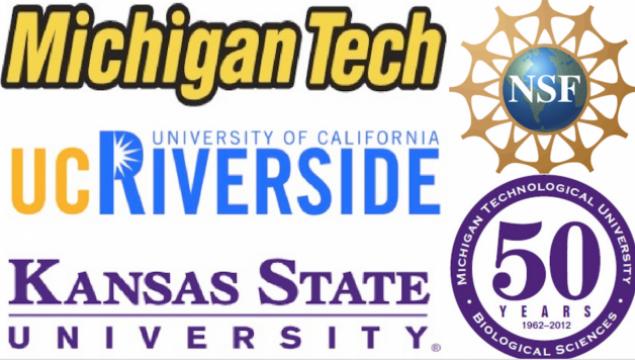
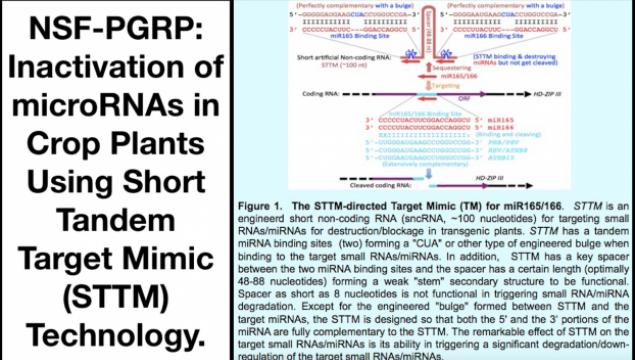
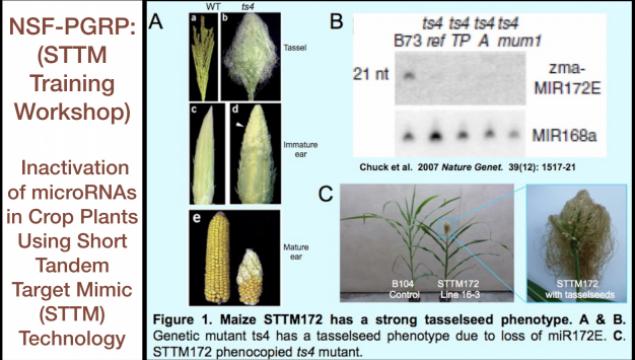
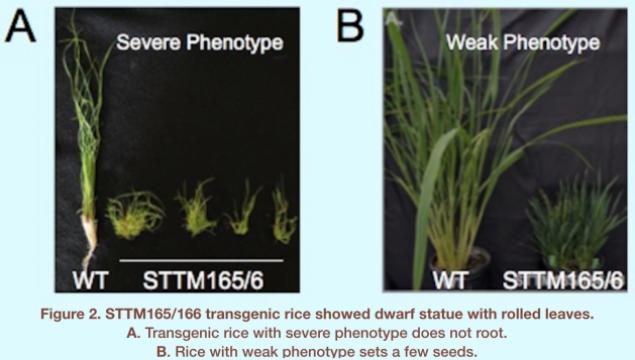
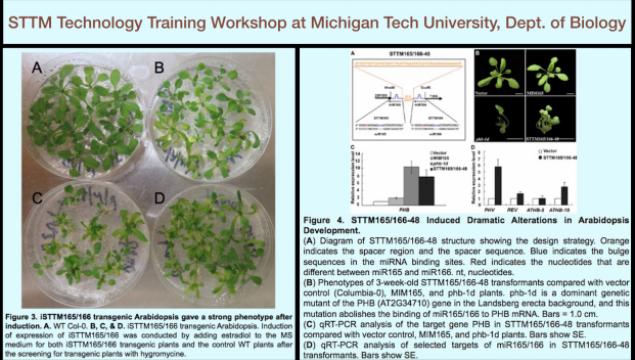
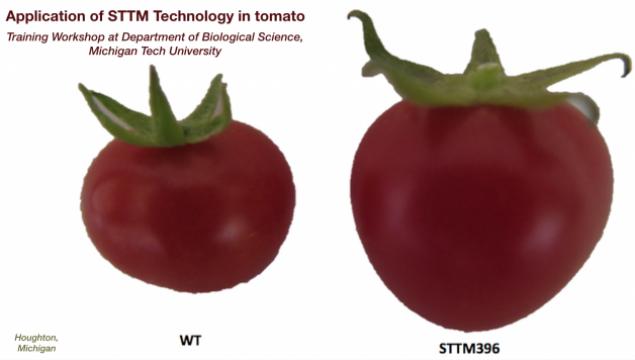


 Gifts to projects listed on SUPERIORIDEAS.ORG are received and processed by Michigan Tech Fund. Michigan Tech Fund is a tax-exempt organization under Section 501(c)(3) of the Internal Revenue Code acting on behalf of Michigan Technological University. It is the policy of Michigan Tech Fund that a portion of the gifts and/or income therefrom may be used to defray the costs of raising and administering the funds.
Gifts to projects listed on SUPERIORIDEAS.ORG are received and processed by Michigan Tech Fund. Michigan Tech Fund is a tax-exempt organization under Section 501(c)(3) of the Internal Revenue Code acting on behalf of Michigan Technological University. It is the policy of Michigan Tech Fund that a portion of the gifts and/or income therefrom may be used to defray the costs of raising and administering the funds.